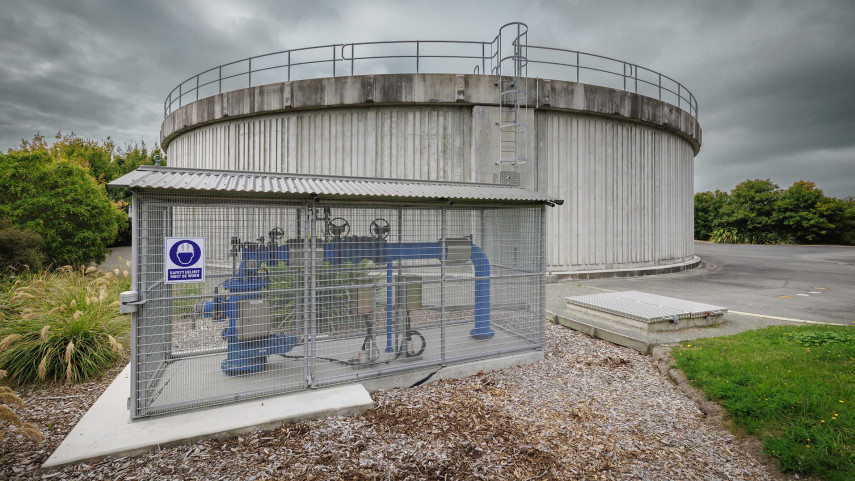
Options outlined for delivering Christchurch's three water services

Share this story
Christchurch City Councillors have been briefed on ways the city’s three water services could be delivered going forward.
The Council has completed its Local Water Done Well Interim Business Case, assessing three potential models for the future delivery of water services.
The models considered were enhancing the status quo with an in-house delivery model, a Council-Controlled Organisation (CCO), and a Two-Waters (water supply and wastewater) Council-Controlled Organisation. In-house model Council retains direct control managing water services through its existing structure with financial ring-fencing. Council-Controlled Organisation (CCO) An independent entity owned by the Council, focusing exclusively on water services, with its own governance and operational structure. Two-Waters Council-Controlled Organisation (Two-Waters CCO) A hybrid approach that balances independent management of water supply and wastewater, with Council oversight of stormwater.
On 19 February, the Council will consider a report identifying a preferred model based on a comparative assessment of the options.
“We know how important water is to our residents, so this decision is critical for us to get the best outcome for our community,” Chief Executive Mary Richardson said.
“Christchurch City Council is in a fortunate position as all three delivery models are capable of achieving financial sustainability and regulatory and operational compliance."
Under all models, the standard of our water services will be maintained or improved. The impact on rates would be about the same over time.
Public consultation on the delivery options will begin in March following a Council decision on 19 February.
The Government’s Local Water Done Well (LWDW) reforms replace the Three Waters Reform Programme and aims to address long-standing water infrastructure challenges across the country.
The Government is implementing the LWDW framework in three legislative stages, each outlining specific requirements and providing councils with the tools to transition to the new water services environment.
Councils are required to select a water service delivery model that ensure sustainable and efficient management of water services. While council have some flexibility in choosing the most appropriate model, they are limited to selecting from a defined set of delivery options.
